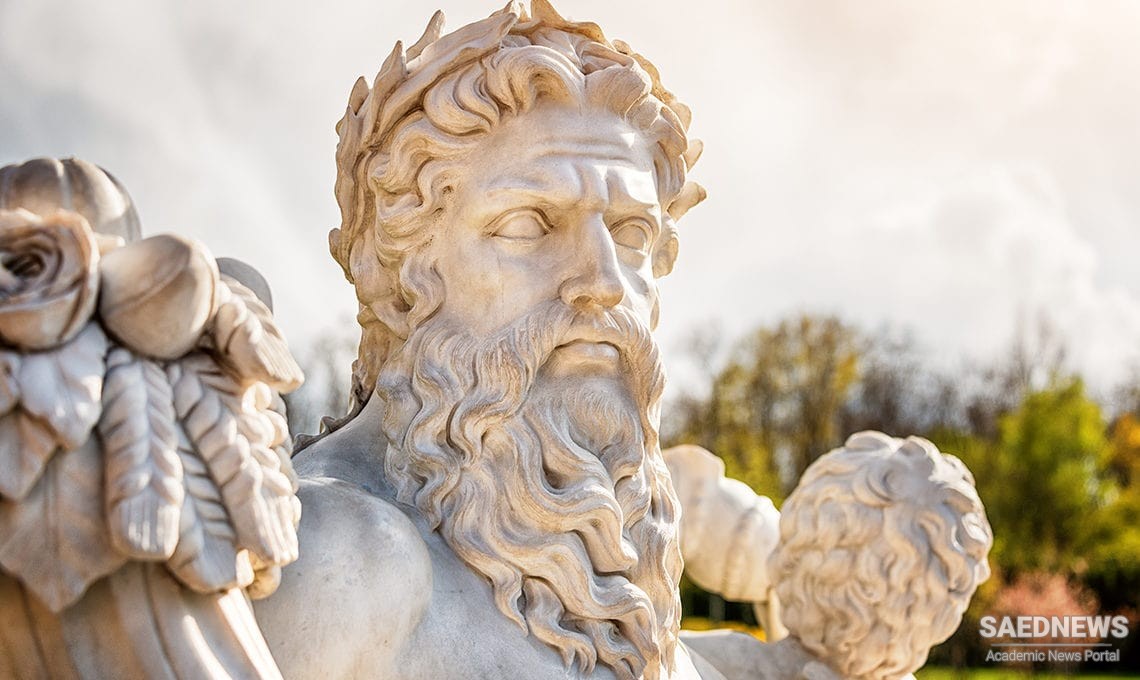During the archaic and classical periods, Greece was a conglomerate of largely autonomous city-states with no overall political or administrative structure. In the sphere of religion the polis provided the major context for religious beliefs and practices. The reach of Greek religious cults and festivals with their public processions and communal forms of sacrifice and prayer mapped on to the reach of polis institutions, such as the demes, the phratries and the gene. At the same time, the religious inventories of the individual city-states resembled each other because of their shared past and the spread of epic poetry throughout the Greek world. In particular the poems of Homer and Hesiod had unified and structured the Greek pantheon. Religion offered a common set of ideologies and values, such as shared notions of purity and pollution, sacred and profane, human and divine, which were a reference point throughout the Greek world. Herodotus mentioned the religious dimension of a shared feeling of Greekness in book 8, when the Athenians allude to common mythological narratives about the gods and shared forms of prayer and sacrifice (8.144.2). Greek religious beliefs and practices provided a strong link between the individual polis and the rest of the Greek world. As the polis constituted the basic unit of Greek life, the panhellenic dimension of Greek religion – the religious institutions situated beyond the polis level, such as the large panhellenic sanctuaries or amphictyonies and religious leagues – was accessed through constant reference to the polis. Whenever a delegation visited the oracle of Apollo at Delphi or an athlete participated in the Olympic Games in honour of Zeus, they did so as members of a specific polis. Sourvinou-Inwood concluded that polis religion embodied, negotiated and informed all religious discourse, including religious practices above the level of the individual poleis.


 Zoroastrianism: the Essence of Religion of Zoroaster
Zoroastrianism: the Essence of Religion of Zoroaster














































